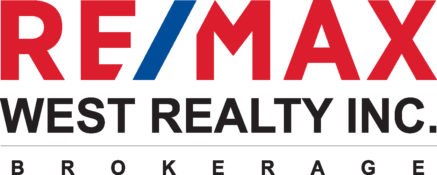There are a number of transactions throughout the home buying and mortgage processes that require money to be transferred by the home buyer to either the seller’s real estate agent, the seller’s lawyer or the mortgage lender. It’s important to understand what each transaction requires, however, to ensure you’ve budgeted the appropriate amount of money to make home buying as stress-free as possible.
Two common payments that home buyers – particularly first-time home buyers – use interchangeably are “deposit” and “down payment”. We’ve clarified the differences below as these two payment types are not the same.
A house deposit is upfront money often required from the buyer to show the seller there’s interest in buying the home
A Down payment is mandatory in order to get approved for a mortgage on your new home
What is House Deposit when purchasing a home ?
When buying real estate, in most cases, you’ll be required to provide an upfront cash deposit, which is used to demonstrate to the seller that you’re committed to making the purchase. And once the home closes, you can redirect those funds towards closing costs and your down payment. In most cases, you’re required to provide a deposit to the seller as a good faith gesture that you’re interested in buying the home.
How much House Deposit should I be paying and who do I pay it to ?
There’s generally no minimum deposit required – the amount is determined by the seller – but a general rule of thumb is at least 5% of the purchase price. On closing day, the deposit is then often put towards closing costs and down payment. When buying a home, your deposit is typically made payable to the listing agent or the seller’s lawyer “in trust”. This means the listing agent or lawyer must keep the money in a trust account until the closing date.
What is Down Payment ?
A down payment involves putting money towards the purchase of your home. The minimum down payment when buying a house in Canada is 5% of the purchase price for a home valued at $500,000 or less and 10% for the portion of the purchase price above $500,000.
If you can make a larger down payment than the minimum requirement, your mortgage payments will be lower and it will take you less time to pay off your mortgage. The smaller your mortgage and the lower amount of interest you’ll pay over your time as a mortgage holder, the quicker you can build home equity.
What happens to the deposit if the parties cannot close ?
In most cases when deals don’t close, the buyer and seller agree to end the transaction and sign a mutual release. But, when the two parties fail to agree – for instance, when the seller / buyer backs out of the deal without just cause – the deposit must remain in the brokerage trust account until a court order is obtained.






